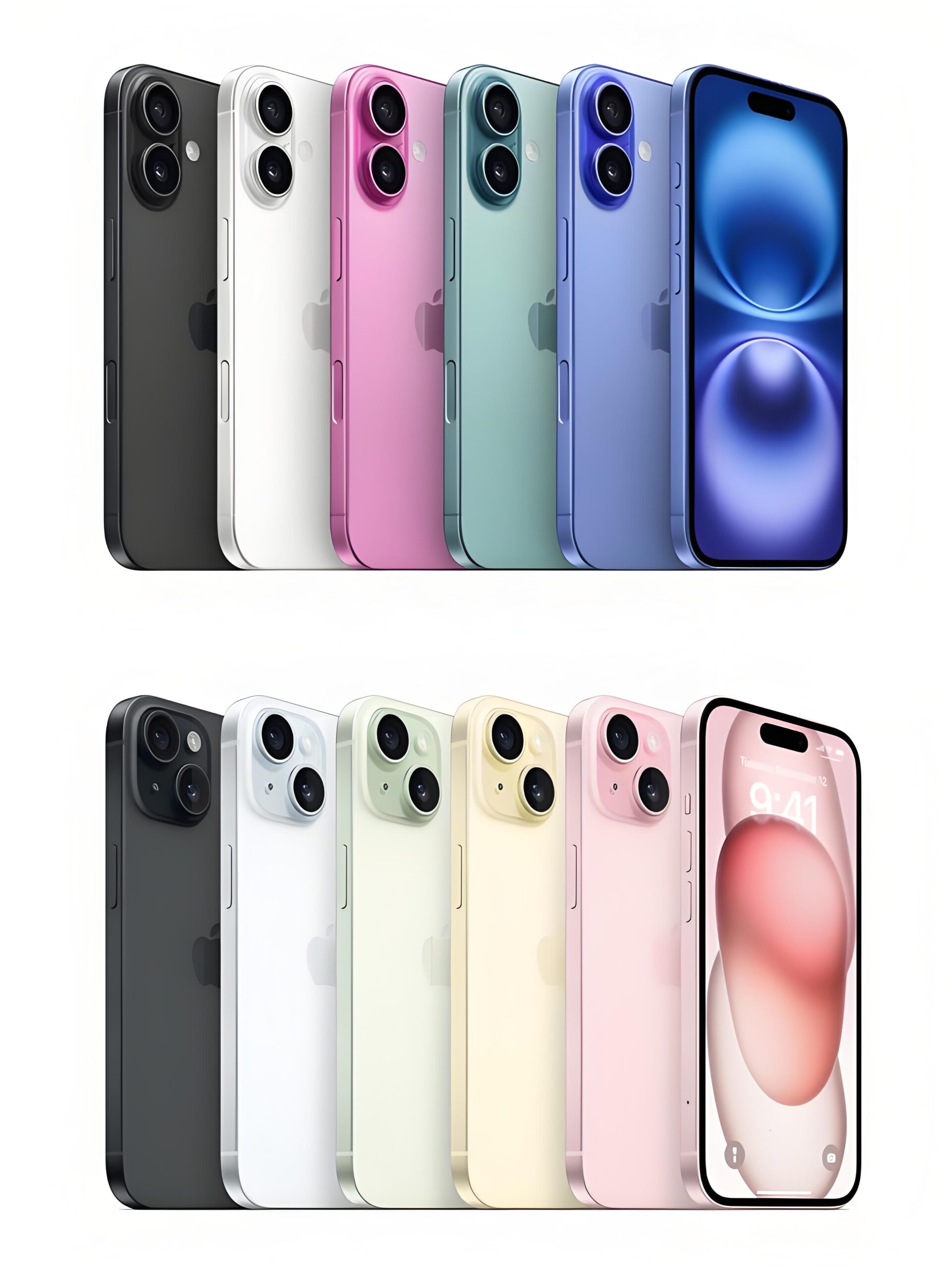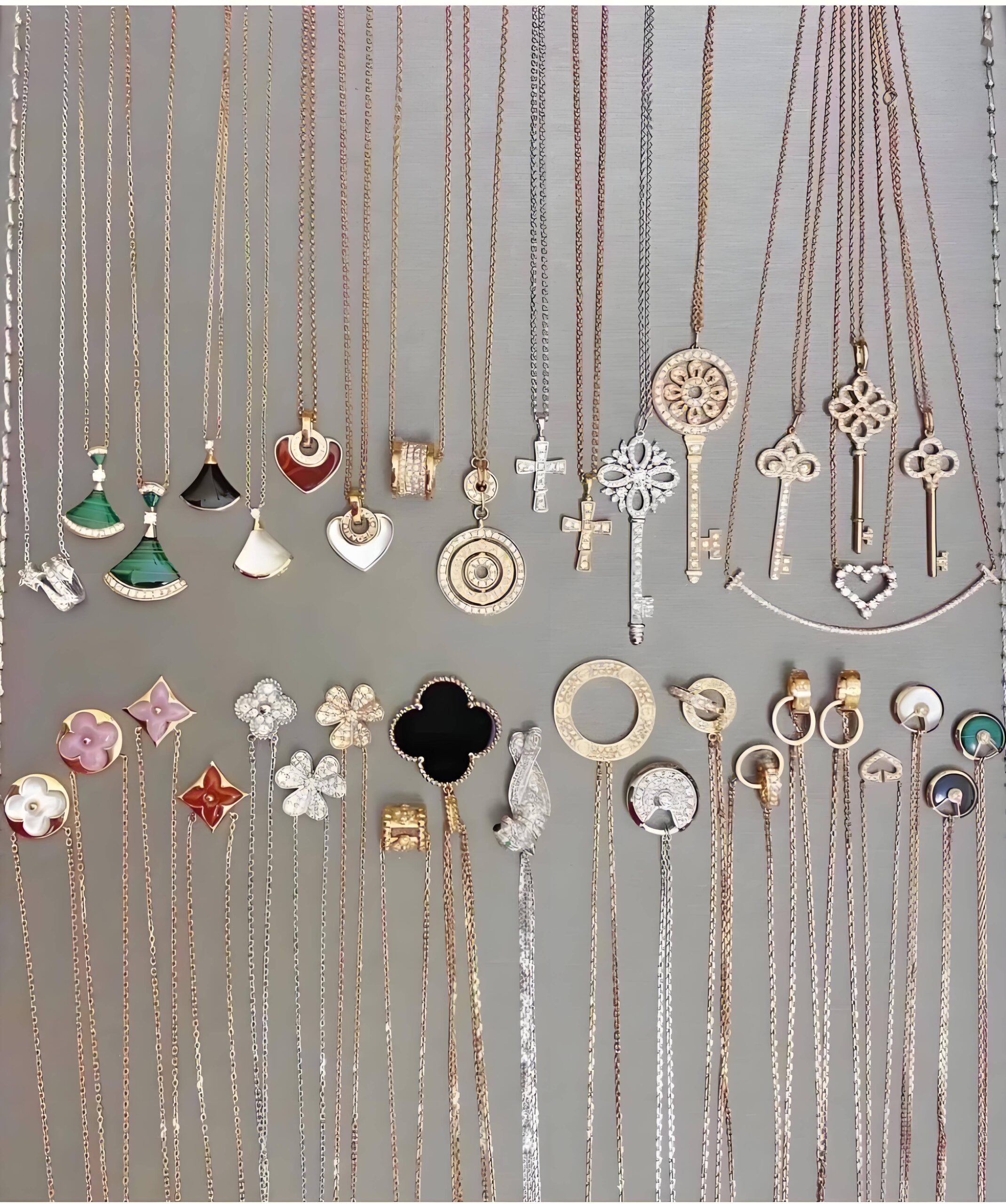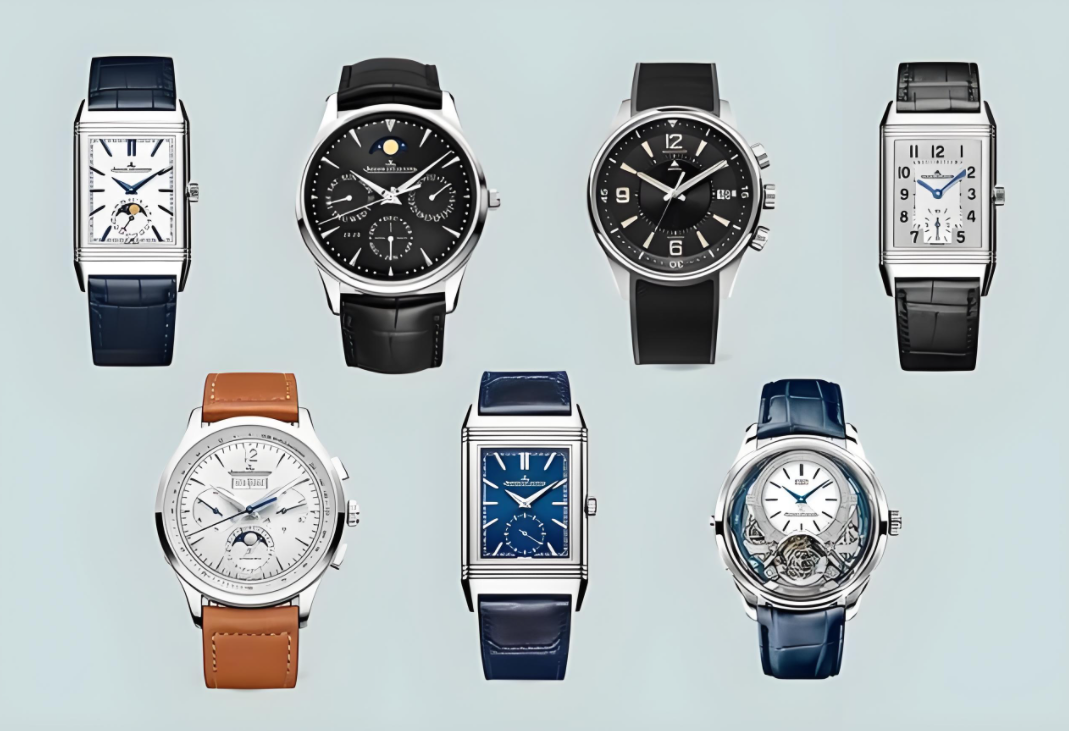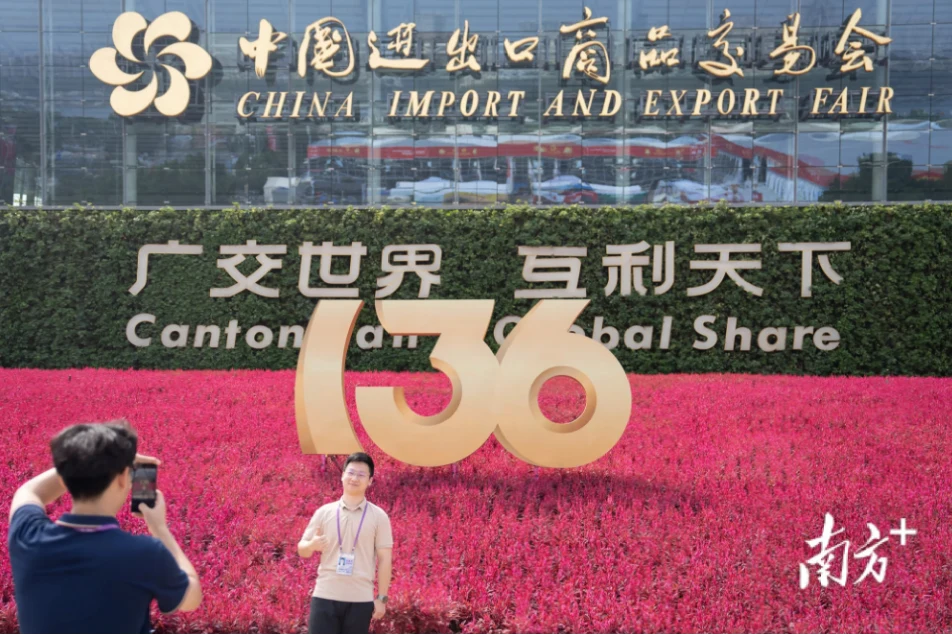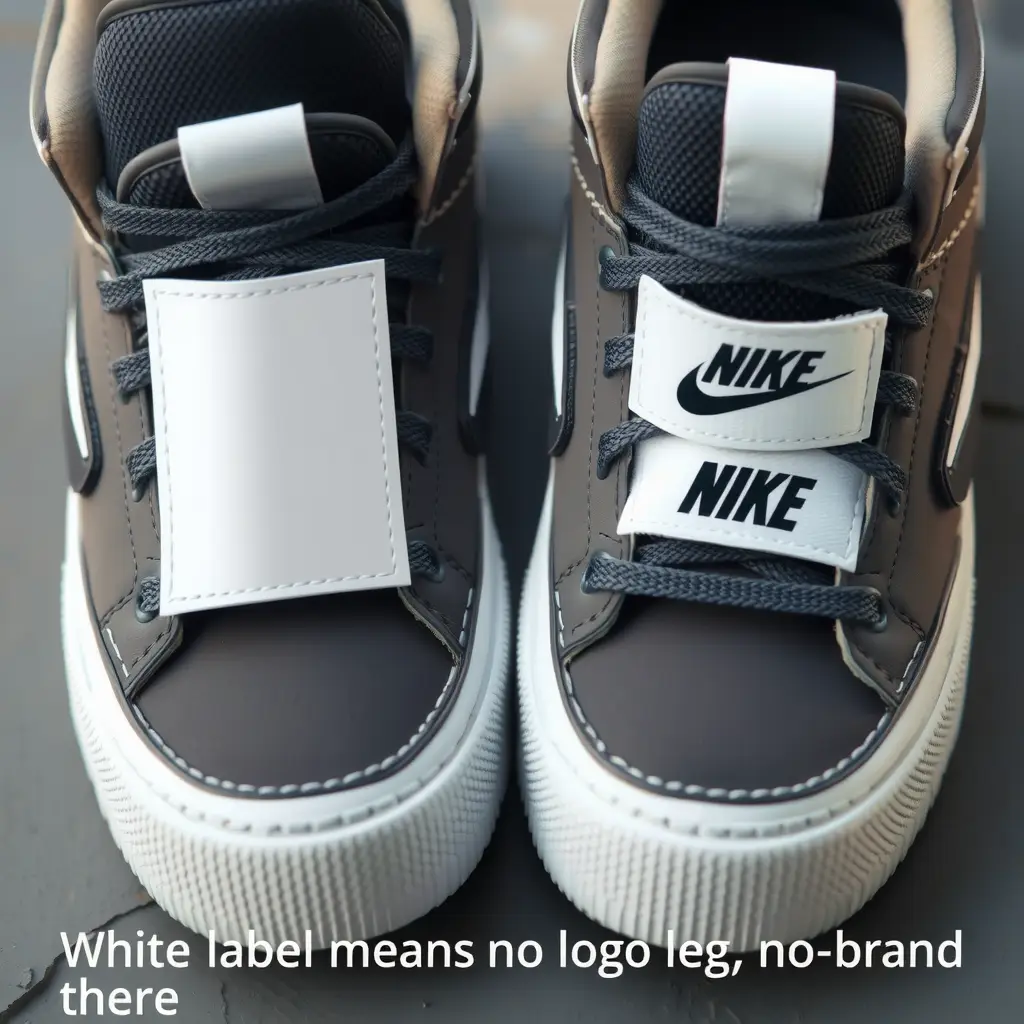
The Advantages of White Label and Private Label Manufacturing: Exploring Customization and Business Opportunities
Top 10 white lable and private label manufacturer list
1.What is white label manufacturing?
2.What is private label manufacturing?
3.Key differences between white label and private label manufacturing
4.Advantages of white label manufacturing
5.Advantages of private label manufacturing
6.Exploring customization options in white label and private label manufacturing
7.Business opportunities in white label and private label manufacturing
8.How to choose between white label and private label manufacturing
9.Common misconceptions about white label and private label manufacturing
10.Quick takeaway
Are you a business owner looking for a way to offer a unique product to your customers? Look no further than white label and private label manufacturing. These two strategies can provide you with the advantage of customization and open up new business opportunities. White label manufacturing allows you to source pre-made products from a supplier and rebrand them with your own label. This option is perfect for businesses that want to bring a proven product to market quickly and efficiently. On the other hand, private label manufacturing involves creating customized products from scratch. This approach enables you to have more control over the design and branding of your products, giving you a competitive edge in the market.
Both white label and private label manufacturing offer several advantages. First, they allow you to save time and resources by relying on the expertise of others. Second, they give you the flexibility to tailor your products to the specific needs and preferences of your target audience. Finally, these strategies enable you to build your own brand and establish a loyal customer base. In this article, we will explore the benefits of white label and private label manufacturing in more detail, providing you with valuable insights into how these strategies can enhance your business. So, let’s dive in and discover the exciting possibilities that await you.
10 white lable and private label manufacturer list
| Label Type | Manufacturer Name | Country | Production Niche/Category | Website |
|---|---|---|---|---|
| White Label | Shenzhen Yihong Technology | China | Electronics (e.g., mobile accessories, chargers, headphones) | www.yihong-tech.com |
| White Label | Yiwu Kendi Import & Export | China | Apparel (t-shirts, hoodies, fashion) | www.kendi.com.cn |
| White Label | Guangzhou Weizhida | China | Cosmetics (skincare, makeup) | www.weizhida.com |
| White Label | PT Globalindo | Indonesia | Footwear (sneakers, sandals) | www.globalindo.com |
| Private Label | Vina Global Sourcing | Vietnam | Apparel (t-shirts, jackets, activewear) | www.vinaglobal.com.vn |
| Private Label | Shenzhen Deren Electronics | China | Electronics (e.g., Bluetooth speakers, smartwatches) | www.deren.com |
| Private Label | Jasmine Export | Thailand | Home goods (furniture, decor, textiles) | www.jasmineexport.com |
| Private Label | Jiangsu Changlong | China | Toys (educational, plush toys) | www.changlongtoys.com |
| Private Label | NACHA Brands | USA | Health & Wellness (supplements, personal care) | www.nachabrands.com |
| Private Label | American Apparel | USA | Apparel (t-shirts, hoodies, basics) | www.americanapparel.com |
1. What is White Label Manufacturing?
White label manufacturing refers to the process where a company purchases generic products from a manufacturer and sells them under its own brand name. The manufacturer produces the product, but the company that purchases it can place its own branding on it, making it appear as though the product is uniquely their own. In simple terms, it’s the practice of rebranding an existing product, with little to no customization.
For example, white label products can be anything from electronics, cosmetics, and clothing, shoes, to even food items. When you ask, “What is white label?”, the answer is that it’s a method of sourcing ready-made products from suppliers, removing their brand name, and placing your own brand’s name and logo on the packaging or product.
What is white labeling in practice? It’s a time-saving solution for businesses that want to sell products without the need to design or manufacture them from scratch. It’s a powerful way to enter markets quickly and with minimal risk.
2. What is Private Label Manufacturing?
Private label manufacturing is slightly different. It involves creating completely customized products according to your specifications. When you work with a private label manufacturer, you can design the product from scratch or modify existing products to meet your exact needs. This process allows you to have greater control over the production and design of your products.
For example, if you want to create your own private label brand of skincare products, you can select the ingredients, the scent, the packaging, and more, all according to your brand’s unique vision.
Private label manufacturing offers more flexibility than white label, giving you a chance to stand out by offering a unique product that isn’t available from other suppliers. Private labeling can be a great option for businesses looking to build a distinct brand identity and offer something truly unique to their customers.
3. Key Differences Between White Label and Private Label Manufacturing
While white label and private label might seem similar, there are key differences that set them apart. Here’s a breakdown:
Control over Product Design
White label products are pre-made, and you have no say in their design or features. You simply slap your brand’s label on them.
Private label, on the other hand, gives you full control over the product’s design, features, and even ingredients, depending on the product.
Exclusivity
White label products are sold by many other companies, meaning your product is not exclusive to your business.
With private label, the product is often exclusive to you, which means you can create a unique product offering that no one else can sell. For example Nike shoes, normally Nike shoes are private label. They manufactured in China factory with their brand private label.
Customization Options
White label products generally offer minimal customization in terms of packaging or branding.
Private label offers maximum customization, as you can create a product that matches your exact specifications, including packaging, ingredients, or design.

a white lable and private lable shoe of Nike
4. Advantages of White Label Manufacturing
There are several benefits to opting for white label manufacturing:
Quick Market Entry
Since you’re sourcing already-made products, you don’t have to wait for design and production. You can introduce a product to the market almost immediately, which is perfect for businesses that need to respond quickly to customer demand or market trends.
Cost-Effective
White label products are usually cheaper to produce since you don’t need to invest in the initial development of the product. You can leverage the expertise of white label manufacturers to produce products at scale and at a lower cost.
Established Product Quality
Since the products are already proven in the market, you don’t have to worry about product quality. You’re selecting a product that has already been tested and refined by the manufacturer.
Branding Flexibility
While white label products don’t allow for much product customization, you can still make an impact with your branding. Your white label brand can differentiate itself in the marketplace through unique packaging and design.
5. Advantages of Private Label Manufacturing
On the other hand, private label manufacturing offers distinct advantages:
Full Control Over the Product
With private label, you control every aspect of the product—from its design to its branding. This allows you to tailor your products specifically to your target market’s preferences.
Brand Exclusivity
Since you are the only one selling that particular product, you gain a competitive edge. Your brand will stand out because you are offering something unique that other businesses can’t.
Stronger Brand Identity
By customizing your products, you strengthen your brand’s identity and differentiate yourself from the competition. Private labeling allows you to provide a product that aligns perfectly with your brand’s values and image.
Potential for Higher Profit Margins
Since you have more control over the product’s design and production, you have the opportunity to increase the value of your products. Custom features, packaging, and exclusivity can allow for higher pricing and greater profitability.
6. Exploring Customization Options in White Label and Private Label Manufacturing
While white label manufacturing is limited when it comes to customization, it still offers some flexibility in terms of branding. You can change the packaging, logo, and product labels to suit your brand’s image. However, customization of the product itself—whether that’s the formula, size, color, or features—is usually not an option.
In contrast, private label manufacturing opens up a world of possibilities. Whether you’re creating private label electronics, skincare, or even apparel, you have the freedom to adjust almost every aspect of the product. This level of customization allows you to appeal directly to the preferences of your customers, making your product more attractive in the marketplace.
For example, a private label electronics product can be designed with specific features that appeal to your target audience. Whether you’re adding new functionalities, designing a sleek new look, or offering unique packaging, private label offers almost unlimited options for customization.
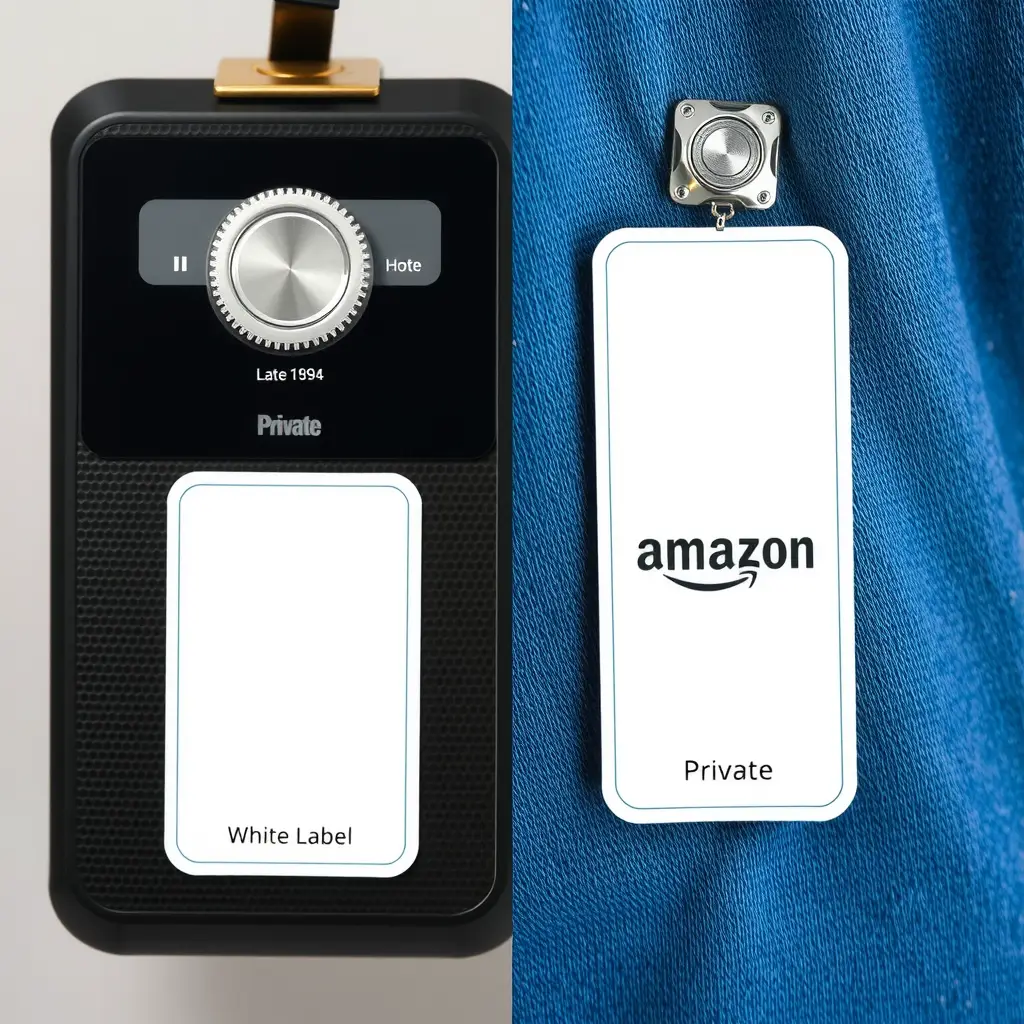
white lable and private lable
7. Business Opportunities in White Label and Private Label Manufacturing
Both white label and private label manufacturing provide great business opportunities, but they serve different types of business needs.
White Label Business Opportunities
Retailers and e-commerce businesses looking to expand their product range quickly can benefit from white label solutions.
Startups with limited resources can source established products and enter the market quickly without the need for hefty investments in product development.
Private Label Business Opportunities
Private labeling works well for businesses looking to build a strong, unique brand identity.
Entrepreneurs with experience in product development and design can leverage private label to create custom products that cater to niche markets.
8. How to Choose Between White Label and Private Label Manufacturing
Choosing between white label and private label manufacturing depends on your business goals:
If you’re looking for quick entry into the market with minimal upfront investment, white label might be the right choice for you.
If you’re aiming to build a strong, exclusive brand with high-quality, customized products, then private label manufacturing would be the better option.
You should also consider the type of product you want to sell, your target market, and your budget when deciding.
9. Common Misconceptions About White Label and Private Label Manufacturing
There are several misconceptions that often confuse business owners when considering white label or private label manufacturing:
Myth 1: White label products are inferior.
Reality: While white label products may be generic, they can still be of high quality. Many successful businesses rely on white label products to quickly build their brand.
Myth 2: Private label products are always more expensive.
Reality: While private label products may require more upfront investment, they can offer better margins and are usually more profitable in the long run.
10. Quick Takeaway
Both white label and private label manufacturing offer distinct advantages. White label allows for quick entry into the market with proven products, while private label provides greater control and customization, enabling you to create unique offerings for your customers. By understanding the differences and benefits of each, you can make a more informed decision that best suits your business goals. Whether you’re looking to rebrand an existing product or create something completely new, both strategies can help you grow your business and build your brand.
Share This Story, Choose Your Platform!
We connect you with reliable factories, get the best quotes, deliver straight to your door.

